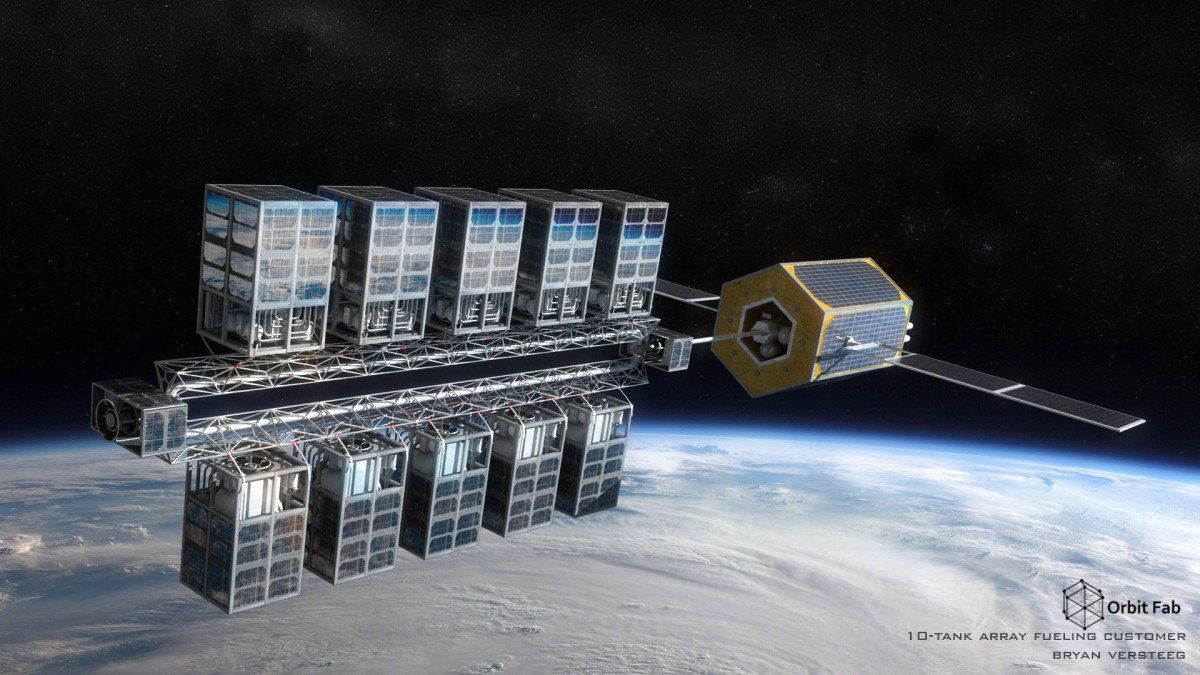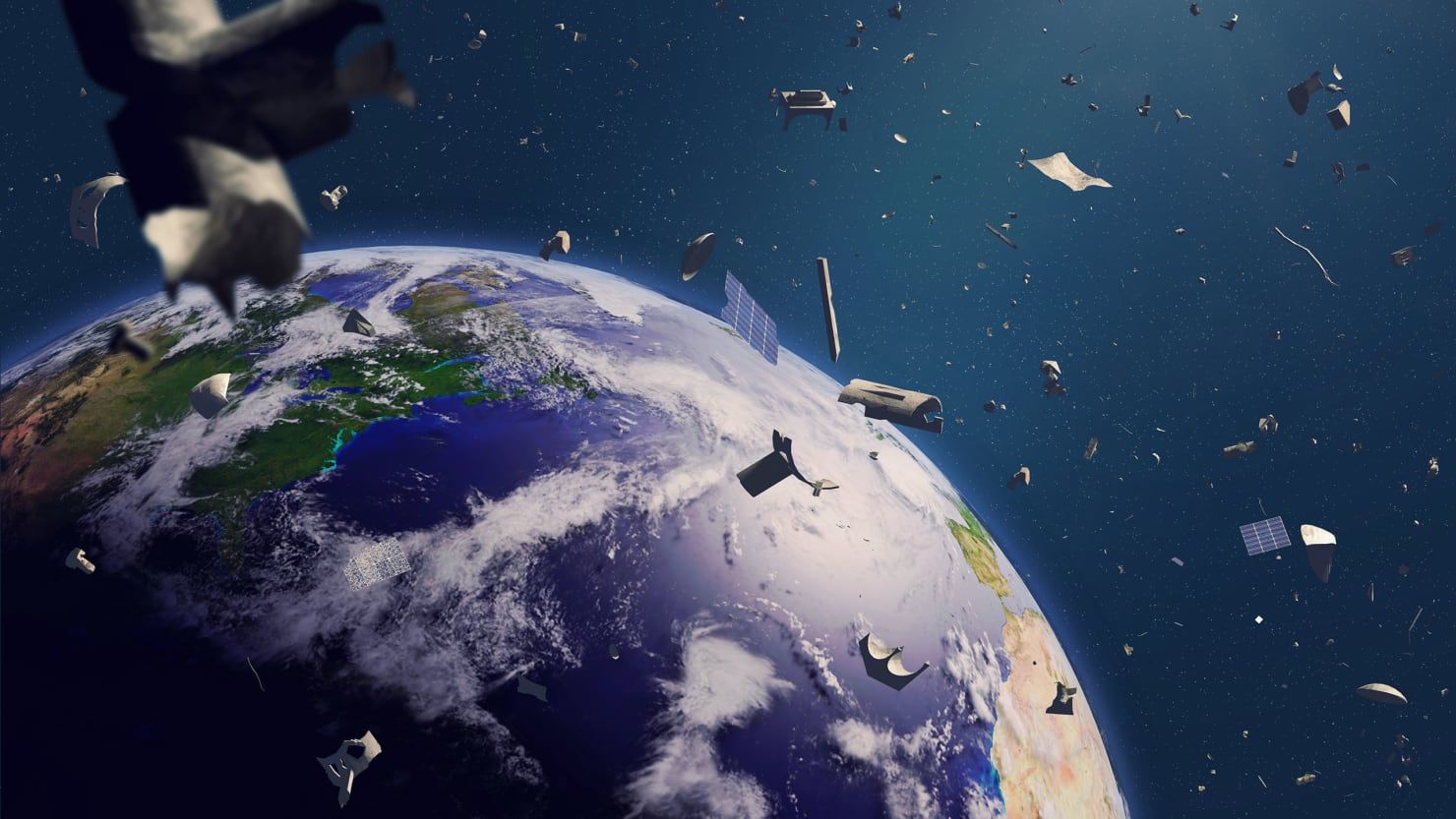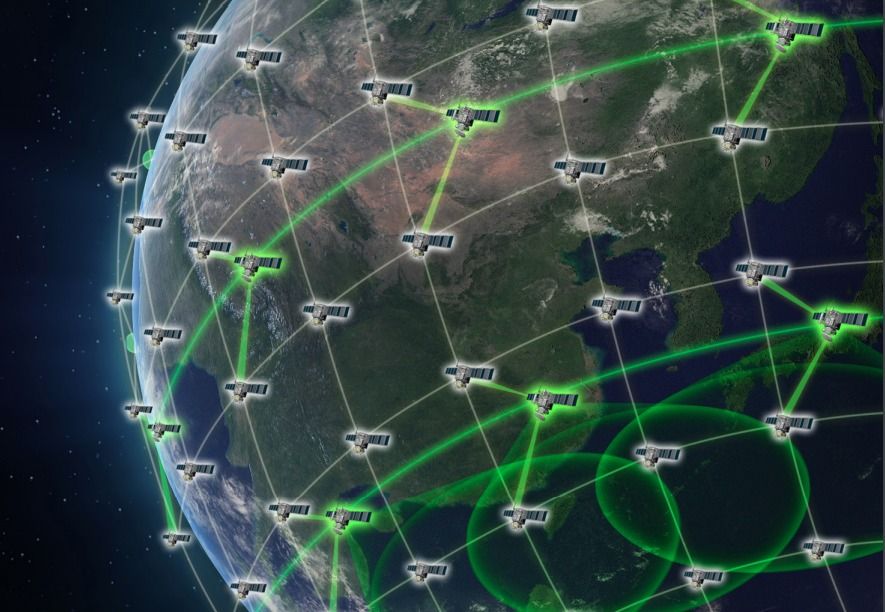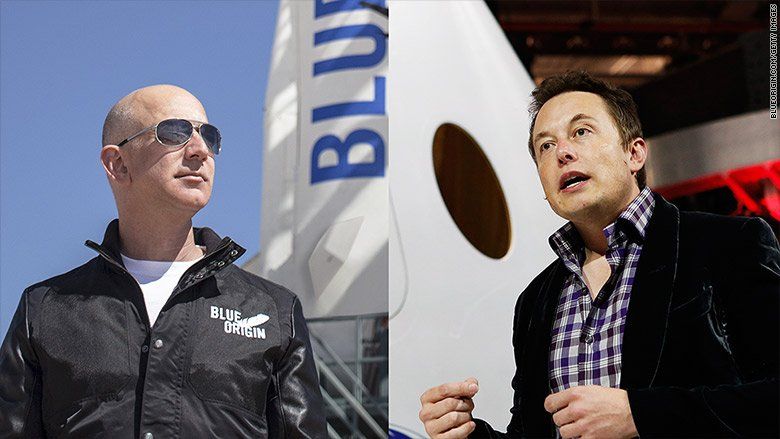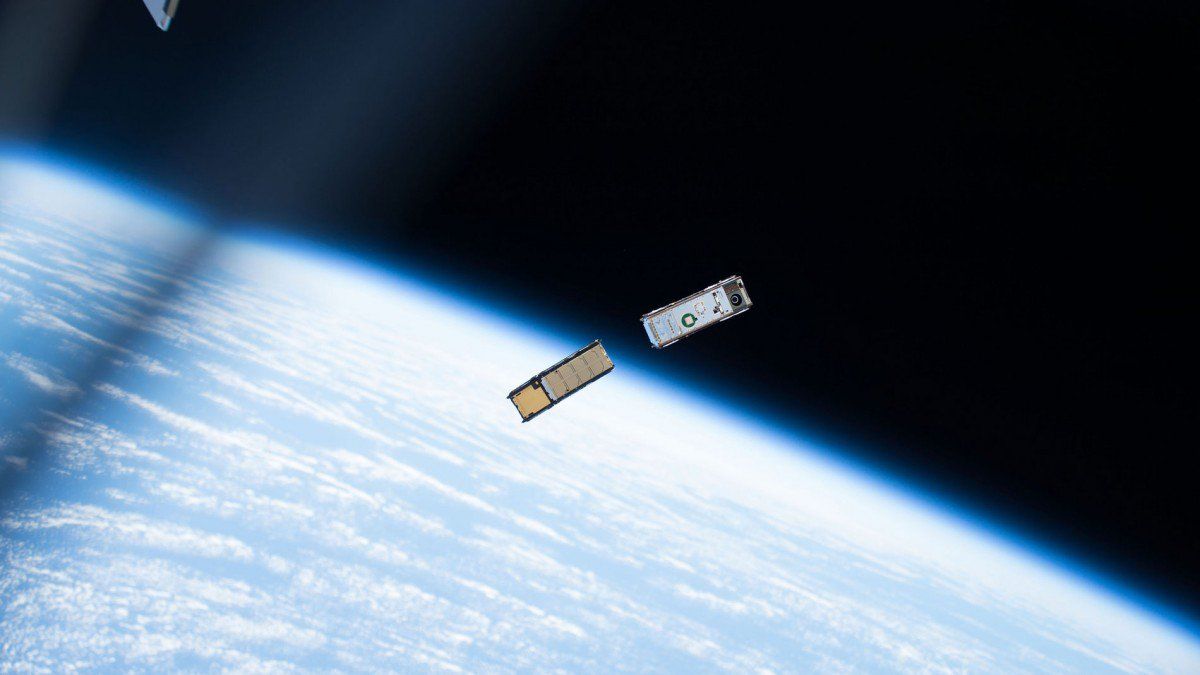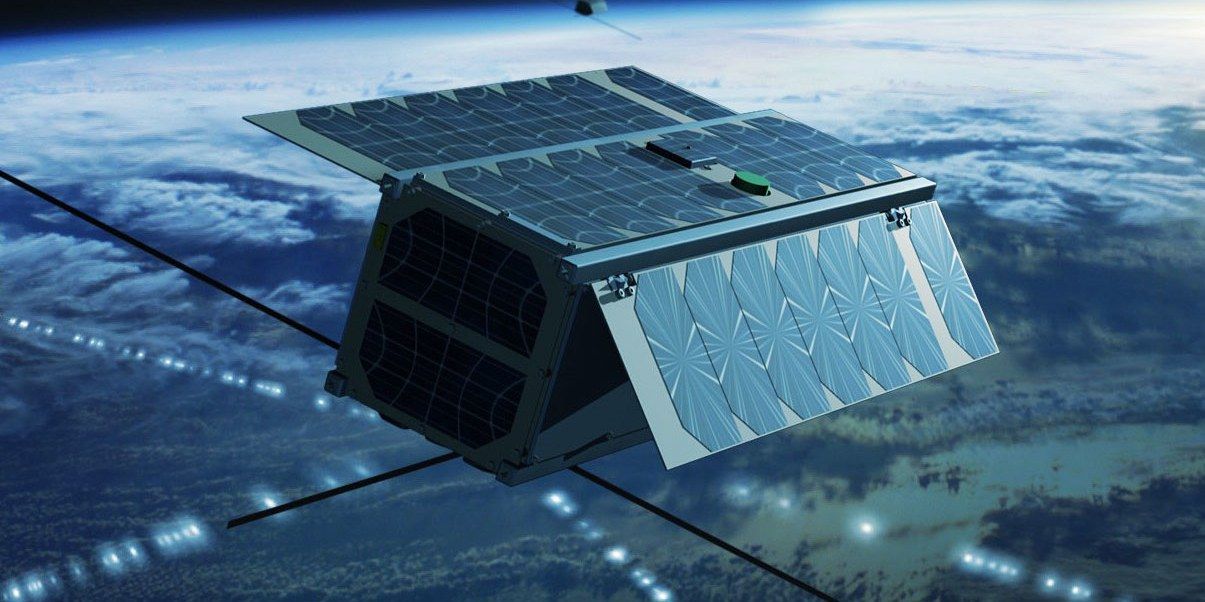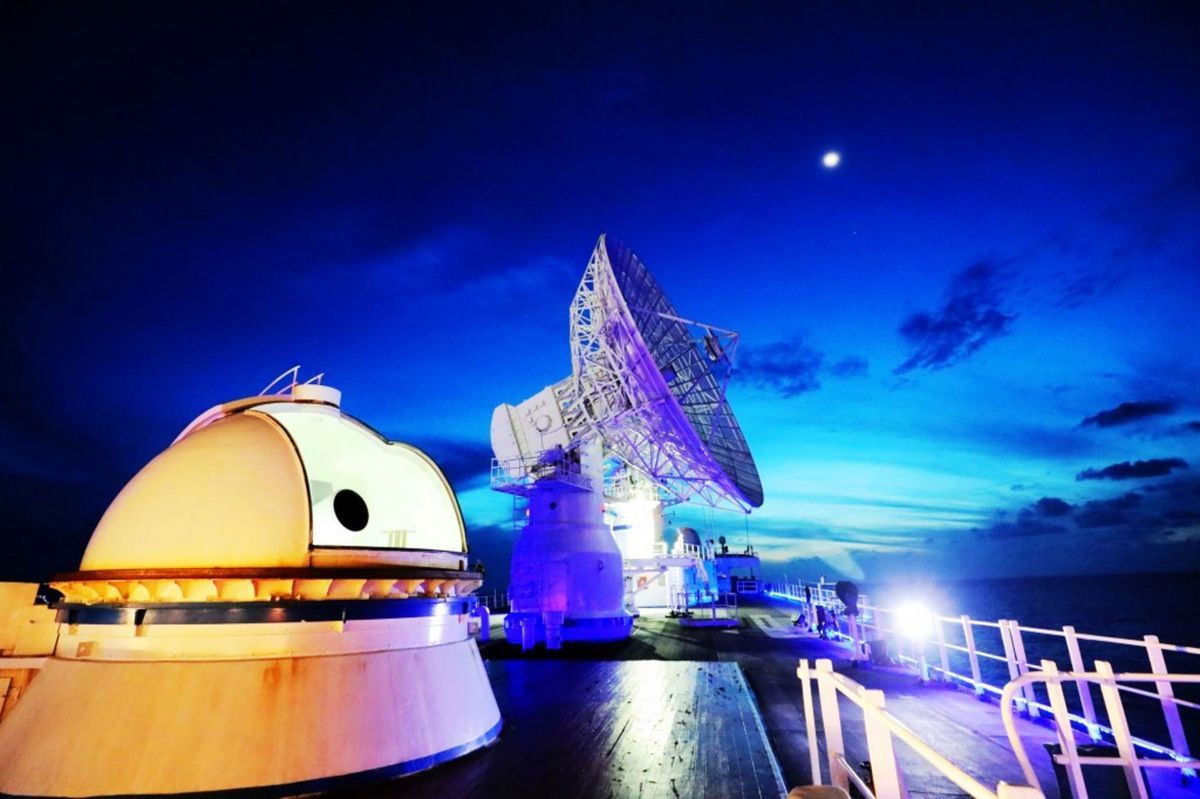Dec 3, 2018
A startup is about to test a ‘gas station in space’ that could one day refuel satellites
Posted by Michael Lance in categories: energy, satellites
Fuel is heavy. And when launching a satellite into space, the amount of fuel you give it determines how long it can stay operational. That is, unless you can refuel at a space gas station.
The news: Startup Orbit Fab is scheduled to launch an experiment to the International Space Station on board a SpaceX Dragon cargo mission tomorrow at 1:38pm EST. Its goal is to test the company’s method of fluid transfer in space. It’ll be launched alongside other scientific experiments to be performed by astronauts on board the station in collaboration with the ISS US National Lab.
The challenge: Refueling and repairing satellites in space requires some expert wrangling, as well as well as the launch of large quantities and types of fuel into orbit. Also, pumping new fuel into a satellite doesn’t work in microgravity the way it does on Earth. Fluids are harder to measure and float around their tanks unpredictably.
